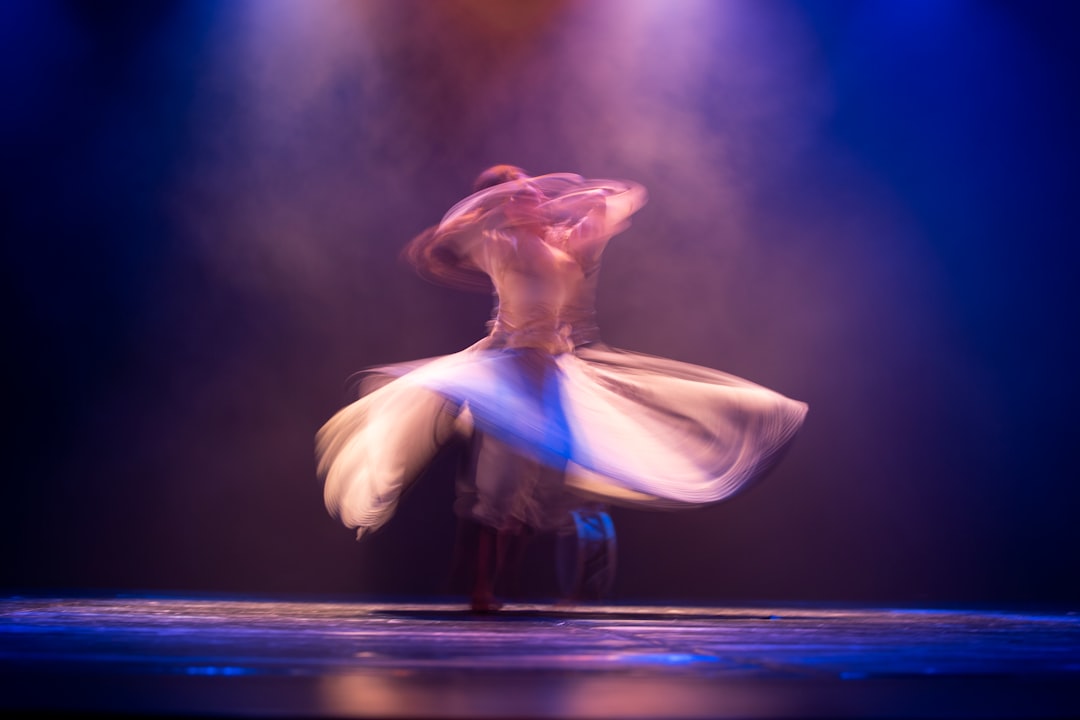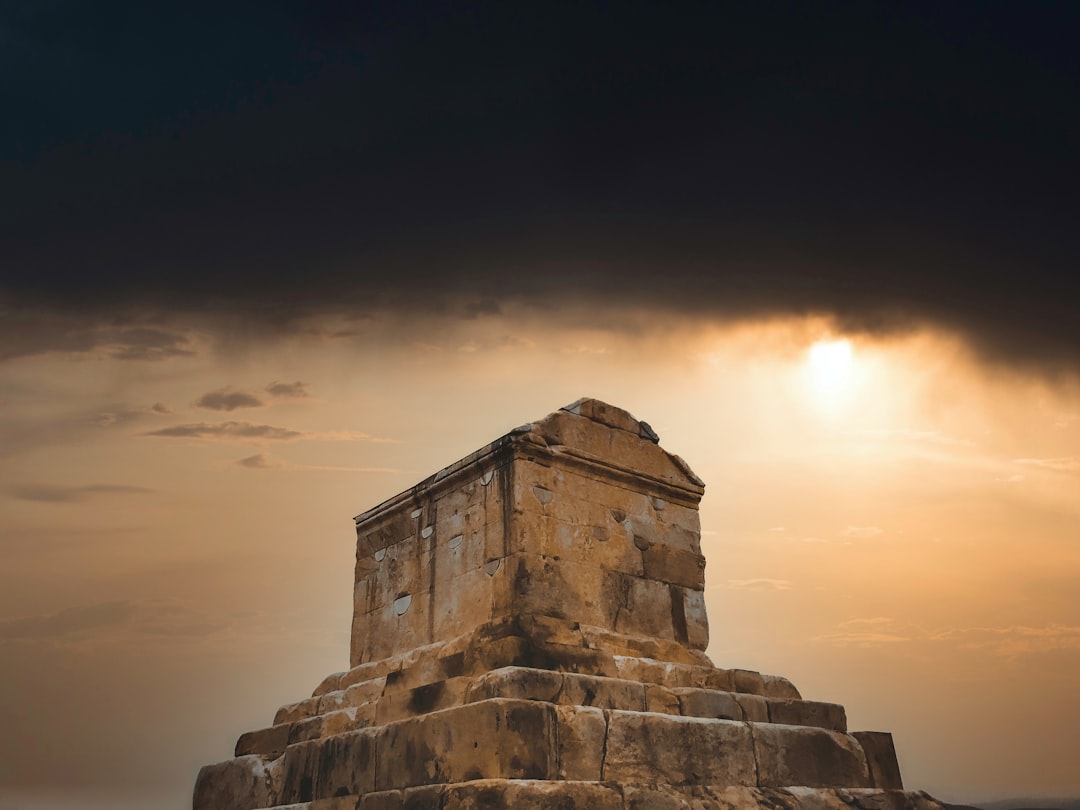Persian poetry has always had a special magic—lush, musical, philosophical, and deeply emotional. But what many don’t realize is how far its influence has traveled. From the rose gardens of Shiraz to the salons of Weimar and the lecture halls of New England, the voices of Persian poets like Hafez, Rumi, and Saadi have crossed continents and centuries to inspire some of the West’s greatest literary minds.
This is the story of how Persian poetry helped shape world literature—and why its echoes are still felt today.
🌍 A Universal Language of the Soul
At the heart of Persian poetry lies something universally human: longing, love, loss, ecstasy, and a deep desire for truth. The metaphors may be wrapped in silk and shadow—wine, nightingales, the Beloved—but their essence transcends language and culture.
In the 18th and 19th centuries, as European scholars gained access to Persian texts through translation, they discovered not just exotic beauty—but a philosophical and spiritual depth that resonated with their own quests for meaning.
Let’s meet a few key Western figures who fell under the spell of Persian verse.
📖 Goethe and the West-Eastern Divan
Johann Wolfgang von Goethe (1749–1832), the German literary giant best known for Faust, was one of the first major European writers to be openly inspired by Persian poetry.
In 1819, after reading translations of Hafez of Shiraz, Goethe published the West-östlicher Divan (West-Eastern Divan)—a collection of poems that fused Eastern and Western poetic styles, thought, and symbolism. Goethe saw in Hafez a kindred spirit, calling him his "twin."
“Hafez, you spirit free,
You can see me standing here—
Give me your cup, let me be
Intoxicated, without fear.”
— Goethe
The Divan was not only a tribute to Persian poetry—it was a call for cultural dialogue between East and West, a vision of unity in a divided world.
🌿 Emerson and the Persian Ideal
Across the Atlantic, Persian poetry found another admirer in Ralph Waldo Emerson (1803–1882), the American philosopher and essayist. A key figure in the Transcendentalist movement, Emerson was deeply influenced by Sufi thought, especially the writings of Saadi and Hafez.
Emerson wrote an essay titled Persian Poetry, in which he praised its elegance, spirituality, and moral wisdom. He was particularly taken with the way Persian poets spoke of the divine in everyday things.
“The soul of the East,” he wrote, “is in her poets.”
Emerson’s essays and lectures often echoed Sufi themes—oneness with nature, the inner light, and self-reliance. Persian poetry helped shape his vision of universal truth accessible to all souls.
✨ Other Western Admirers
The fascination didn’t stop with Goethe and Emerson. Many other influential thinkers and writers drew from the well of Persian literature:
-
Friedrich Rückert, a German poet and translator, brought Rumi and Saadi to the German-speaking world.
-
Edward FitzGerald’s famous English adaptation of Omar Khayyam’s Rubaiyat became a Victorian sensation, blending Persian quatrains with English lyricism.
-
Nietzsche referenced Persian imagery in his philosophical works, particularly the symbolism of fire, sun, and wine.
-
T.S. Eliot, while modernist in form, was spiritually influenced by Sufi themes of transformation and inner journey.
Even Herman Melville, the author of Moby-Dick, quoted Saadi in the opening pages of his great novel.
🔥 Why the Influence Endures
Persian poetry speaks in symbols that can mean many things at once: the rose is love, the thorn is pain, the wine is ecstasy, and the tavern is a space beyond the rules of society. These metaphors gave Western writers fresh tools to express the ineffable.
Even more importantly, Persian poetry offered a model of literature as spiritual practice—where writing was not just art, but a way of understanding the self, the divine, and the world.
At a time when industrialization and rationalism were sweeping through the West, Persian poetry whispered something timeless: “The heart still matters. The soul still longs. The mystery still sings.”
🌸 A Dialogue That Continues
Today, the legacy lives on. Rumi is one of the best-selling poets in the English-speaking world. New translations of Hafez, Khayyam, and Attar are giving fresh life to ancient verses. And readers around the world are discovering that Persian poetry isn’t foreign—it’s familiarly human.
From Goethe’s divan to Emerson’s essays, the world’s great minds found wisdom in the verses of Persian poets. And now, so can we.





